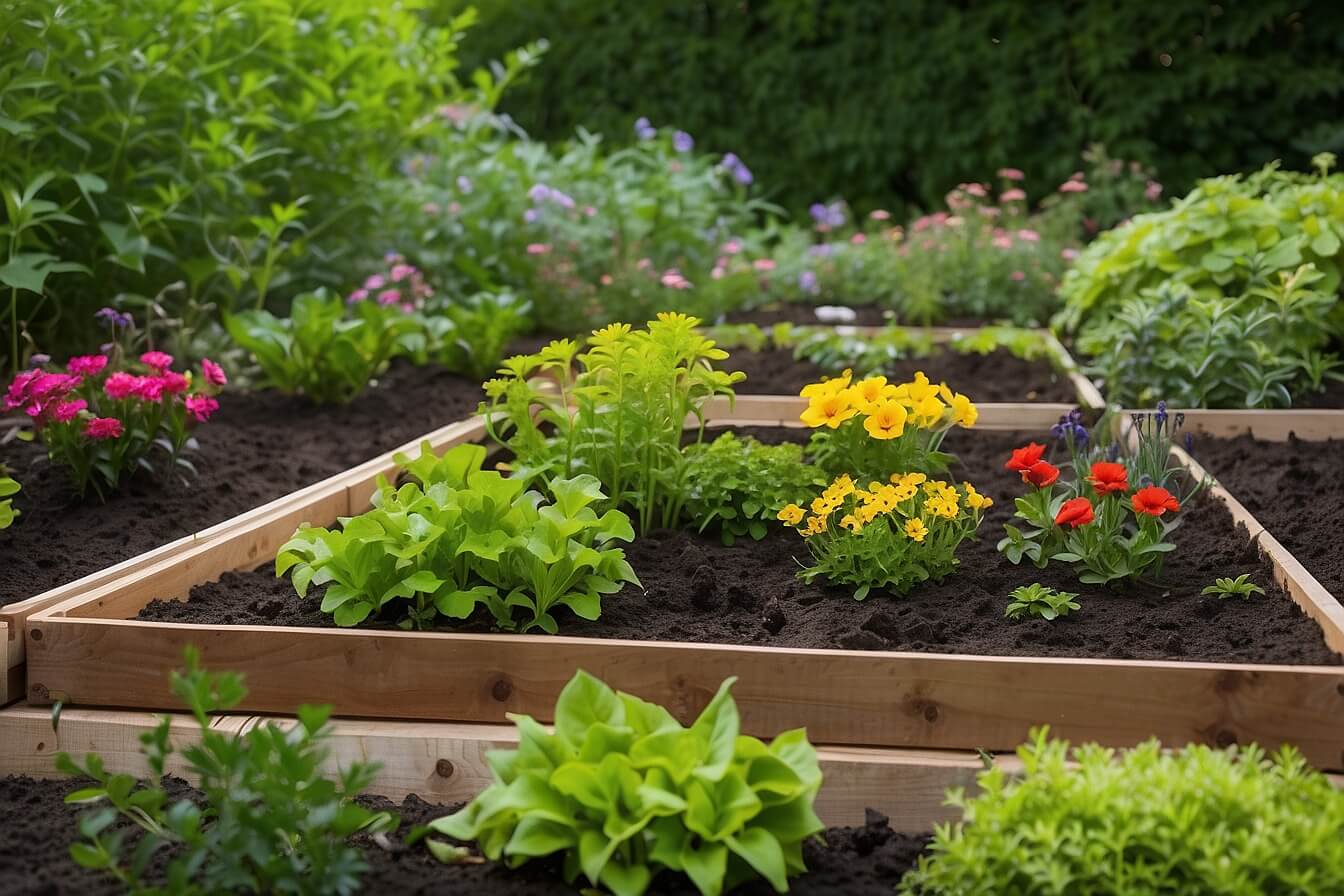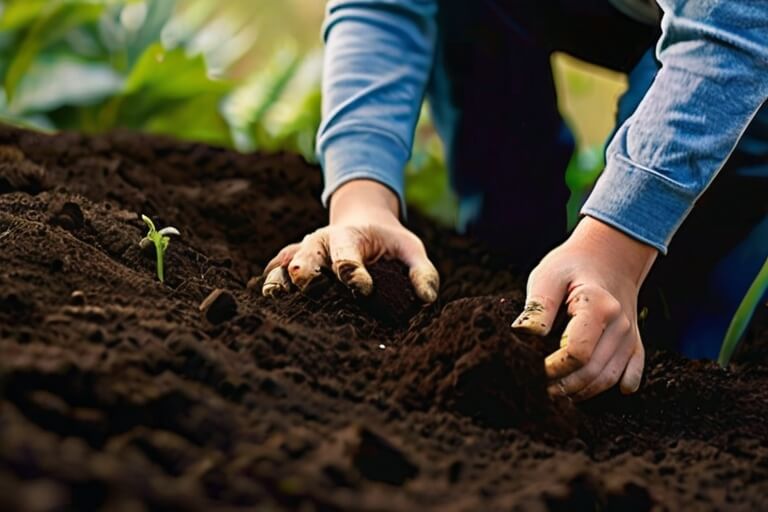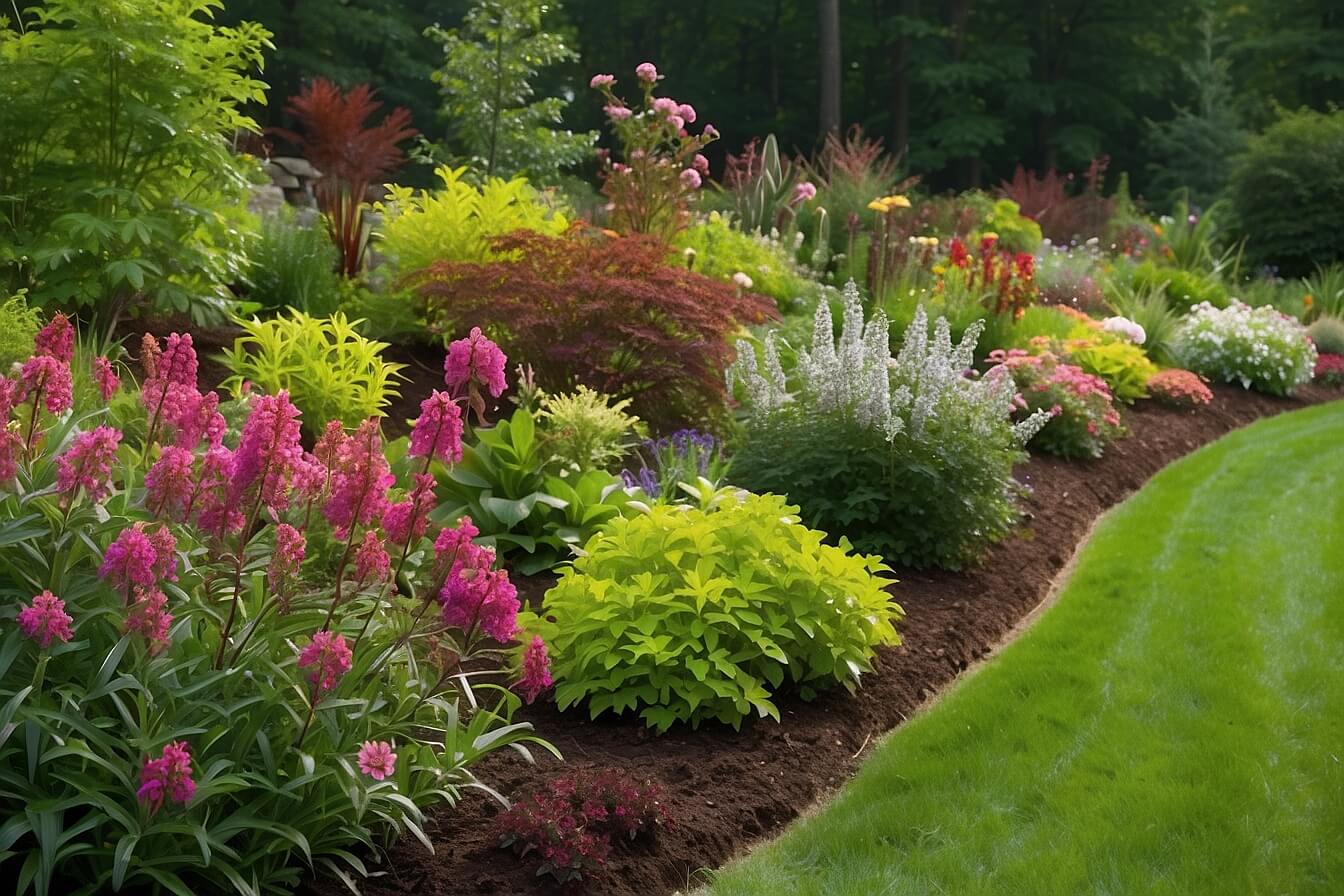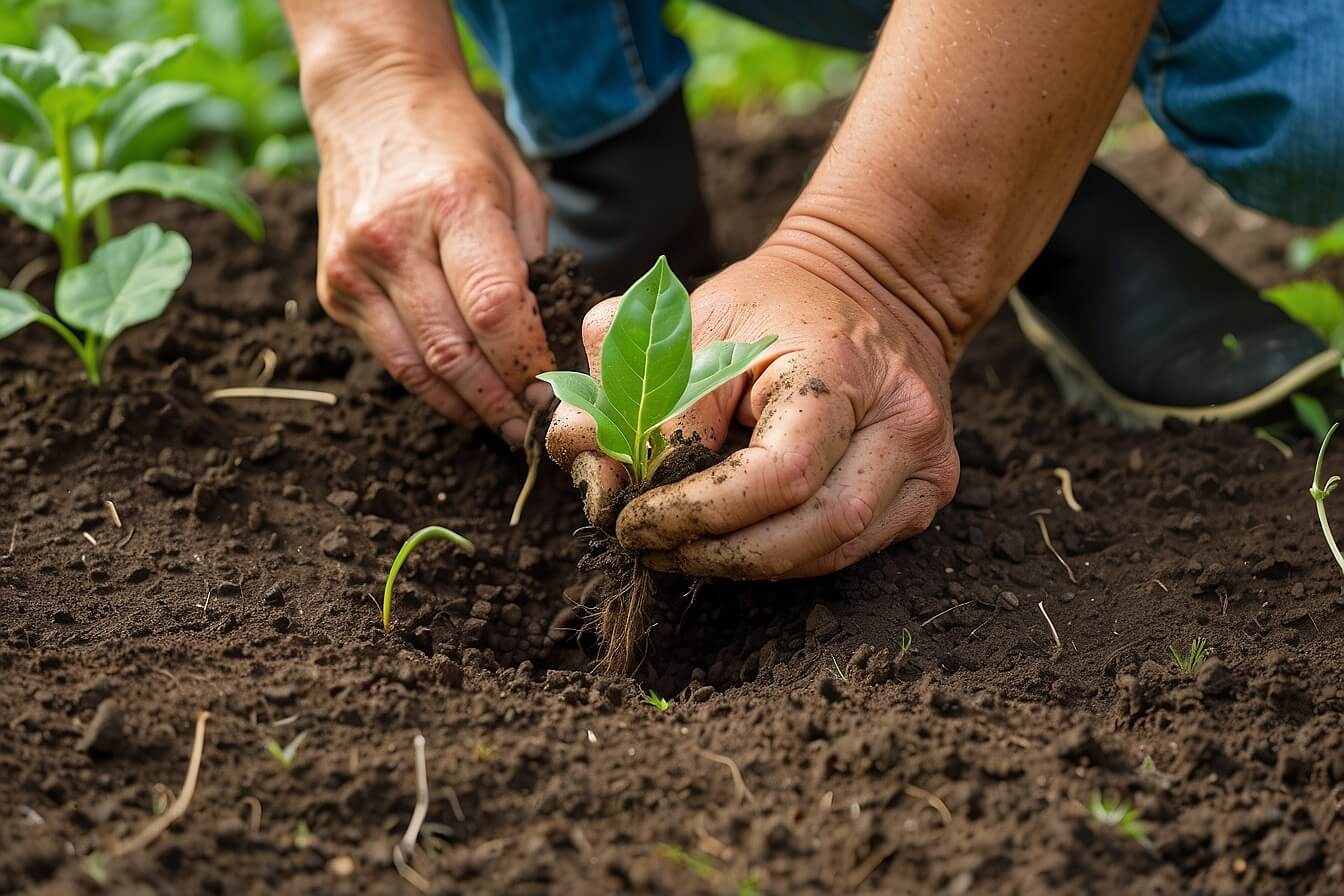Unlock the secrets to a vibrant garden season with essential Planting Tips. From seasoned gardeners to beginners, learn the art of careful planning, proper techniques, and consistent maintenance for a flourishing garden.
Understanding Your Space and Needs
Before diving into gardening, take some time to assess your space and understand your needs.  Consider factors such as sunlight exposure, soil type, and available space for planting. This will help you choose the right plants and design your garden effectively.
Consider factors such as sunlight exposure, soil type, and available space for planting. This will help you choose the right plants and design your garden effectively.
Soil Preparation Planting Tips
Healthy soil is the foundation of a thriving garden. Before planting, test your soil to determine its pH level and nutrient content. Amend the soil as needed by adding organic matter such as compost, manure, or peat moss to improve its texture and fertility. Proper soil preparation will provide plants with the nutrients they need to grow strong and healthy.
Amend the soil as needed by adding organic matter such as compost, manure, or peat moss to improve its texture and fertility. Proper soil preparation will provide plants with the nutrients they need to grow strong and healthy.
Choosing the Right Plants
Selecting the right plants for your garden is crucial for success. Consider factors such as your climate, soil type, and available space when choosing plants.  Opt for native plants that are well-suited to your region and require less maintenance. Additionally, choose a variety of plants with different colors, textures, and bloom times to create visual interest in your garden.
Opt for native plants that are well-suited to your region and require less maintenance. Additionally, choose a variety of plants with different colors, textures, and bloom times to create visual interest in your garden.
Planting Techniques
Proper planting techniques can make a significant difference in the success of your garden.  When planting seeds or seedlings, make sure to dig a hole that is the appropriate depth and width for the plant’s root system. Gently loosen the roots before planting to encourage healthy growth. Water newly planted seeds and seedlings thoroughly to help them establish roots in their new environment.
When planting seeds or seedlings, make sure to dig a hole that is the appropriate depth and width for the plant’s root system. Gently loosen the roots before planting to encourage healthy growth. Water newly planted seeds and seedlings thoroughly to help them establish roots in their new environment.
Watering and Mulching
Consistent watering is essential for plant health, especially during hot and dry periods. Water your garden deeply and infrequently to encourage deep root growth and prevent water wastage. Mulching around plants with organic materials such as straw, wood chips, or shredded leaves can help retain moisture in the soil, suppress weeds, and regulate soil temperature.
Pest and Disease Management
Keep an eye out for pests and diseases that can damage your plants and take proactive measures to manage them. Encourage natural predators such as ladybugs, lacewings, and birds to control pest populations. Practice good garden hygiene by removing dead or diseased plants promptly and rotating crops to prevent the buildup of pests and diseases in the soil.
Regular Maintenance
Regular maintenance is key to keeping your garden healthy and vibrant throughout the season. This includes tasks such as weeding, pruning, deadheading flowers, and fertilizing plants as needed. Set aside time each week to inspect your garden and address any issues that arise promptly.
Comparison Table:
| Tips | Early Spring | Summer |
|---|---|---|
| Soil Preparation | ✔️ | ✔️ |
| Choosing the Right Plants | ✔️ | ✔️ |
| Watering and Mulching | ✔️ | ✔️ |
| Pest and Disease Management | ✔️ | ✔️ |
| Regular Maintenance | ✔️ | ✔️ |
FAQs
Q: How often should I water my garden?
A: The frequency of watering depends on factors such as weather conditions, soil type, and plant needs. Generally, it’s best to water deeply and infrequently, allowing the soil to dry out slightly between waterings.
Q: How can I attract beneficial insects to my garden?
A: You can attract beneficial insects such as ladybugs, lacewings, and bees by planting a variety of flowers that provide nectar and pollen. Avoid using chemical pesticides that can harm beneficial insects and disrupt the natural balance of your garden ecosystem.
Q: What should I do with leftover food scraps?
A: You can compost leftover food scraps to create nutrient-rich compost for your garden. Simply collect food scraps such as fruit and vegetable peels, coffee grounds, and eggshells in a compost bin or pile, and allow them to decompose over time.
Conclusion
With the right tips and tricks, you can create a flourishing garden that brings joy and beauty to your home. By understanding your space and needs, preparing the soil, choosing the right plants, and practicing proper maintenance techniques, you can enjoy a vibrant and healthy garden season ahead. Happy gardening!
